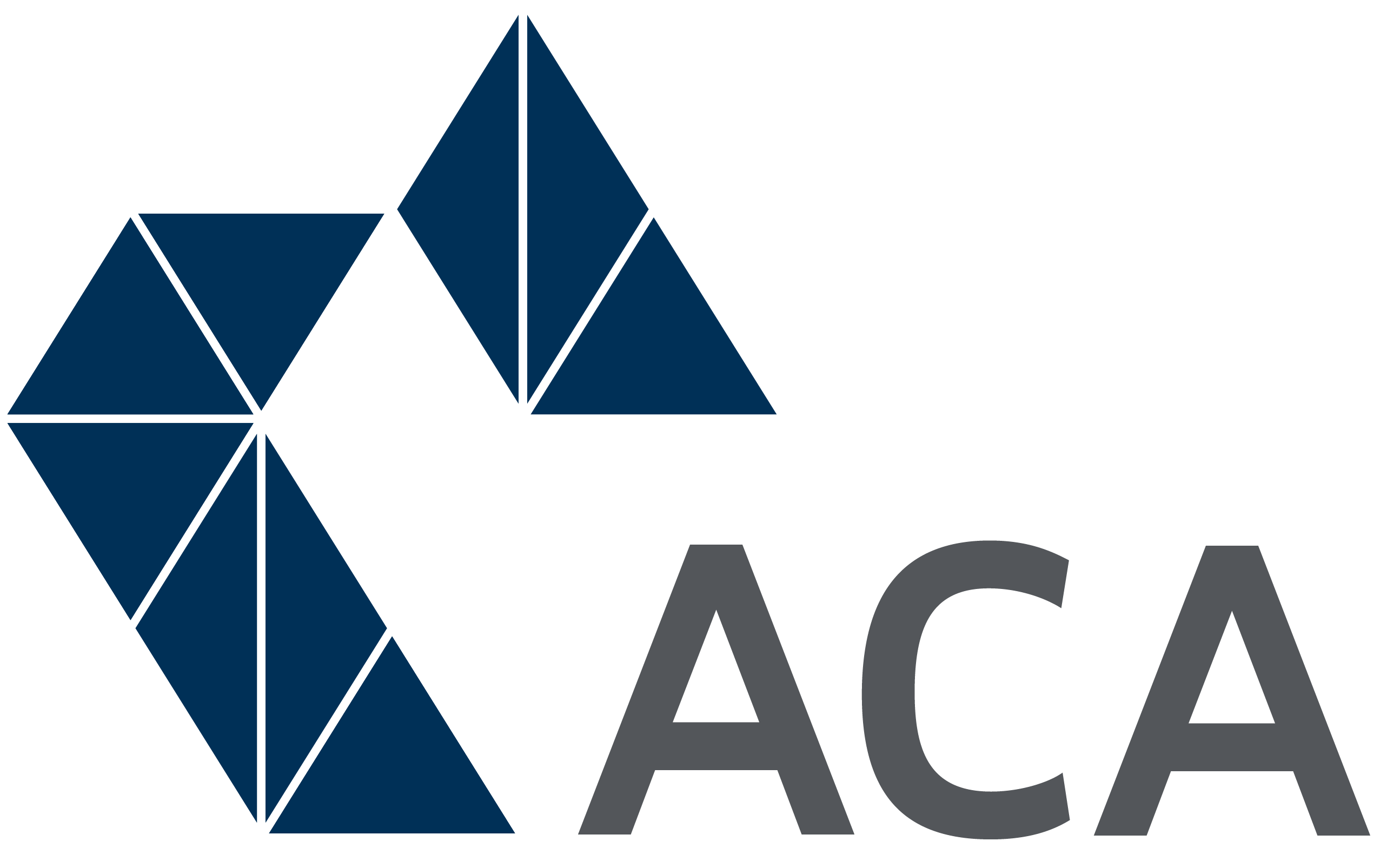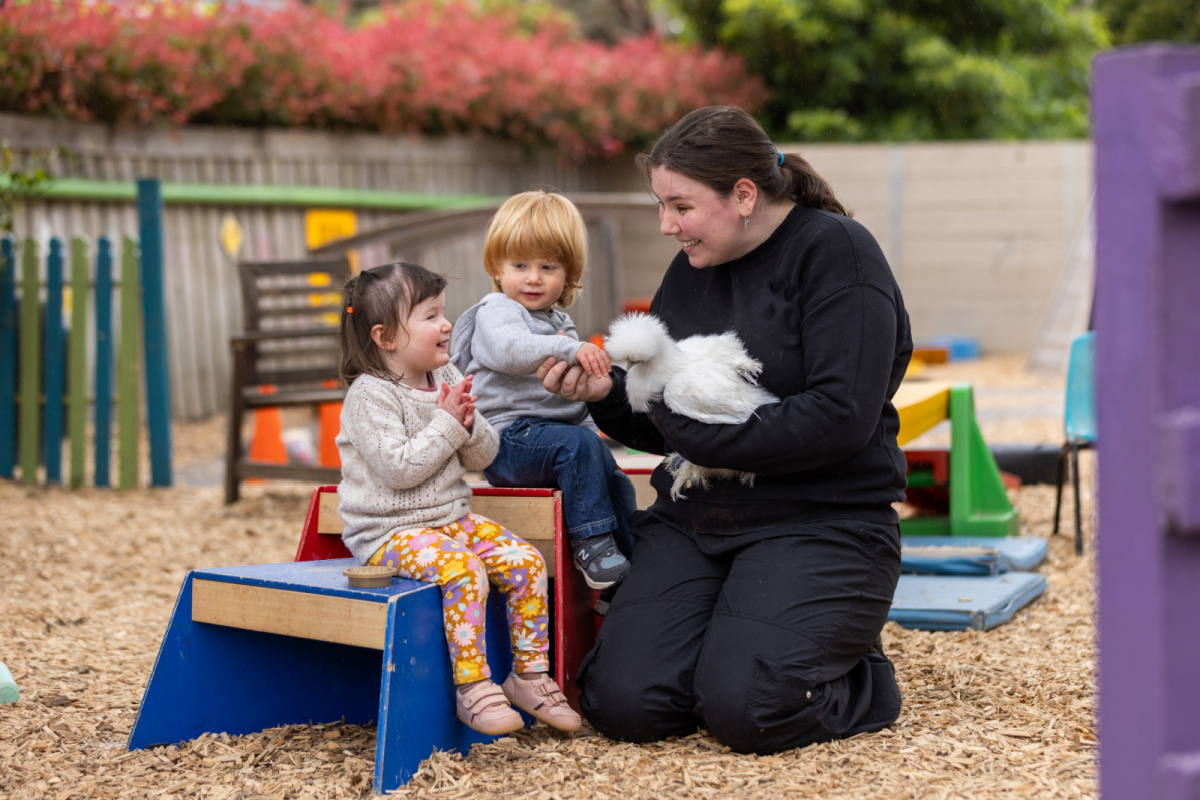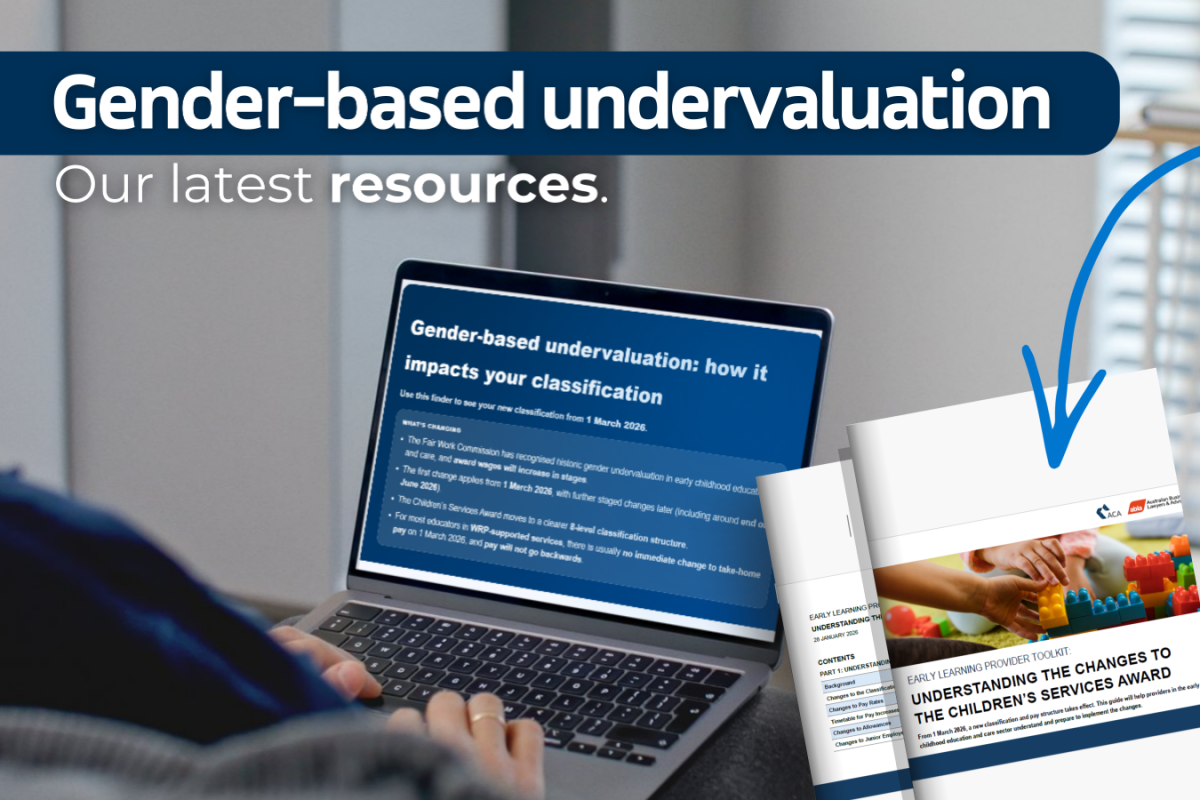The following text is lifted from an ACA Media Release - Thursday 6th July 2023:
The Australian Childcare Alliance today responds to the interim report released by the Australian Competition and Consumer Commission (ACCC), which outlines insights into the factors affecting families’ choice of childcare, drawing on a survey of more than 4,000 parents and guardians who use childcare services and data gathered from a large number of providers.
The ACCC interim report states fees rose faster than inflation and wage growth during the past four years, from between 20 per cent (for centre-based daycare and outside school hours) and 32 per cent (for in-home care).
Australian Childcare Alliance President Paul Mondo said that in centre-based daycare, fees rose 20 per cent between 2018 and 2022, or an average of four per cent a year.
“This report is the first step in this inquiry and a result of a process which we and many operators have been part of. The report outlines price increases to fees however the report references the Wage Price Index and Consumer Price Index, and hasn’t yet examined changes in policy settings or changes to which have substantially increased the cost of running and Early Childhood Education Centre in that time,” he said.
“This is evidenced by all centre based day care services reporting similar increases in fees across the same period regardless of provider type.”
“There have been significant changes to the operating costs of a service since 2018 to meet those new policy settings resulting in increases that are not necessarily in line with CPI. This means that the indexation of the Child Care Subsidy since 2018 had not kept up with these changes. We know that many of our members are doing all they can to manage costs while providing high quality education.”
“The Australian Childcare Alliance has been actively participating in this important inquiry and will continue to do so when a consultation paper is published in September.”
The interim report also refers to lower income families spending a higher proportion of their disposable income on childcare, of between 5 to 21 per cent – a statistic that supports ACA’s recommendation to abandon or largely modify the activity test.
The number of approved childcare places increased by 17 per cent between 2018 and 2022, however ACA warns that there is still more work to be done to meet the labour challenges facing the sector.
Mr Mondo said the ACA was part of a supported bargaining authorisation along with the United Workers Union and Federal Government to get wages moving, which would ensure good outcomes for the sector and help resolve critical workforce issue.
Media enquiries: ACA President, Mr Paul Mondo 0411 587 170 or ACA Vice President, Ms Nesha Hutchinson 0412 085 068











